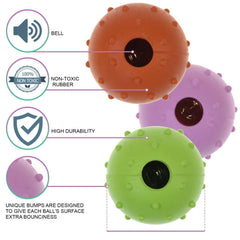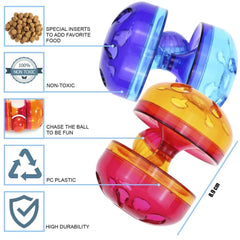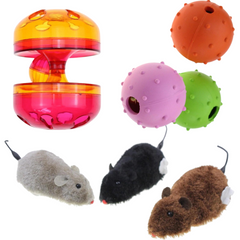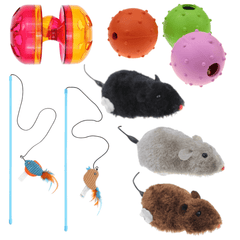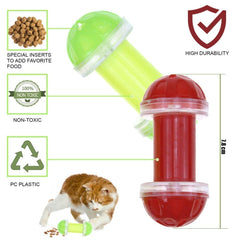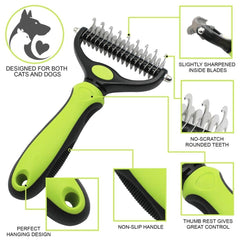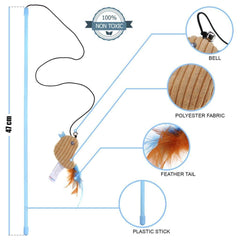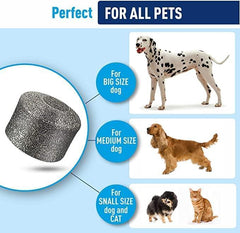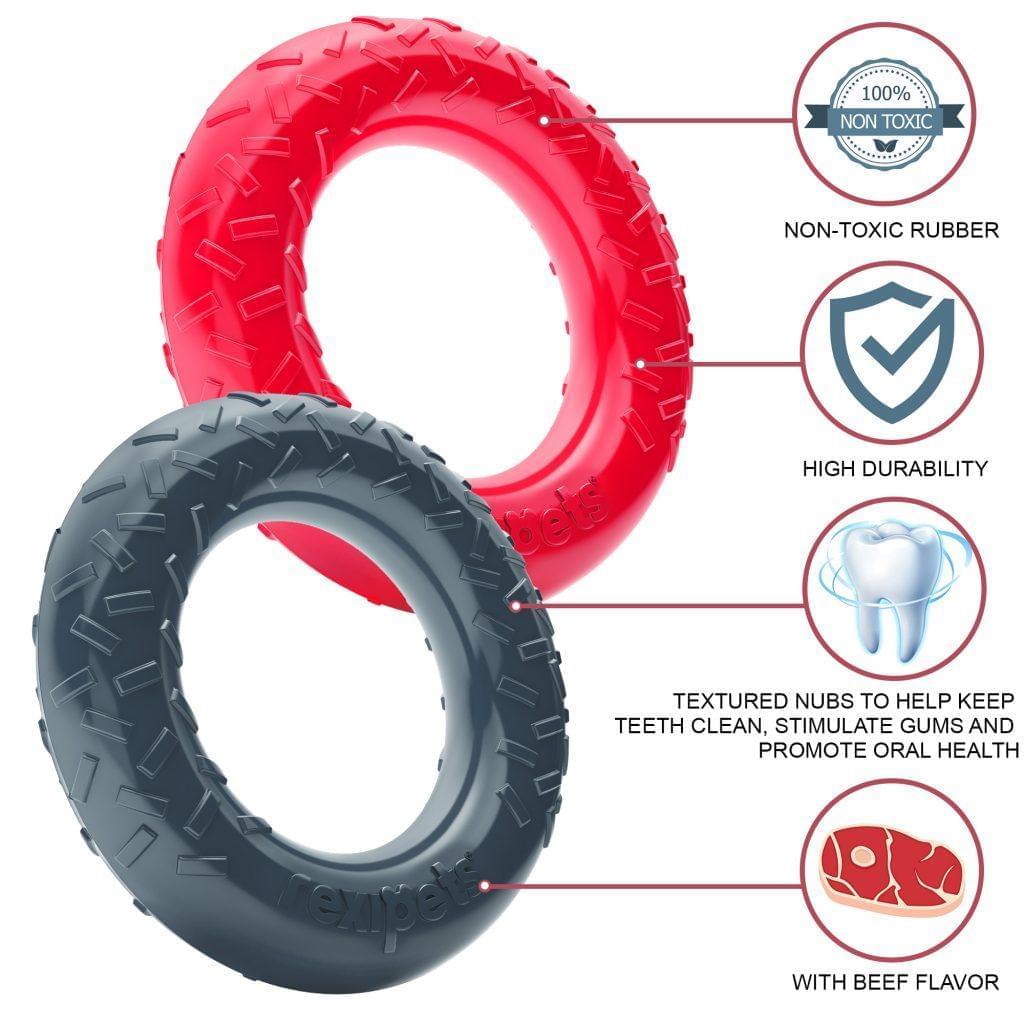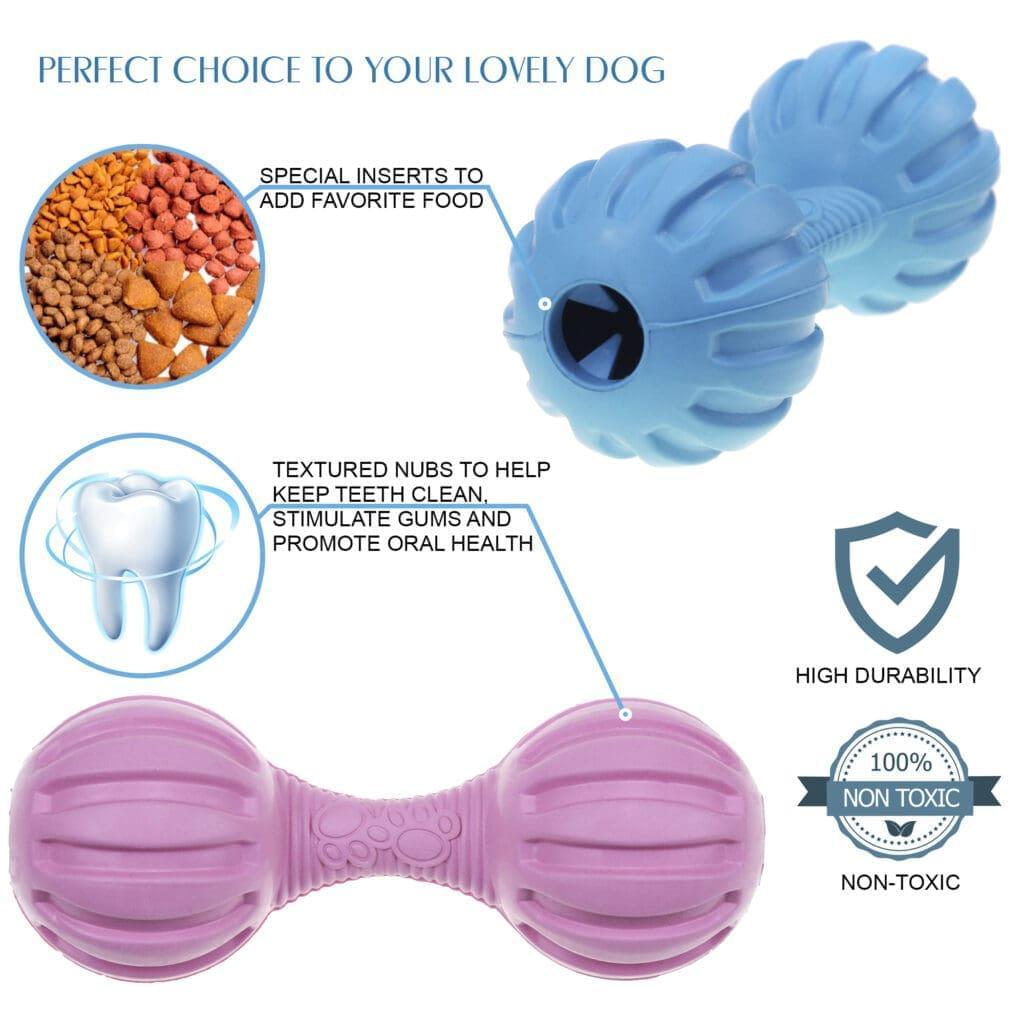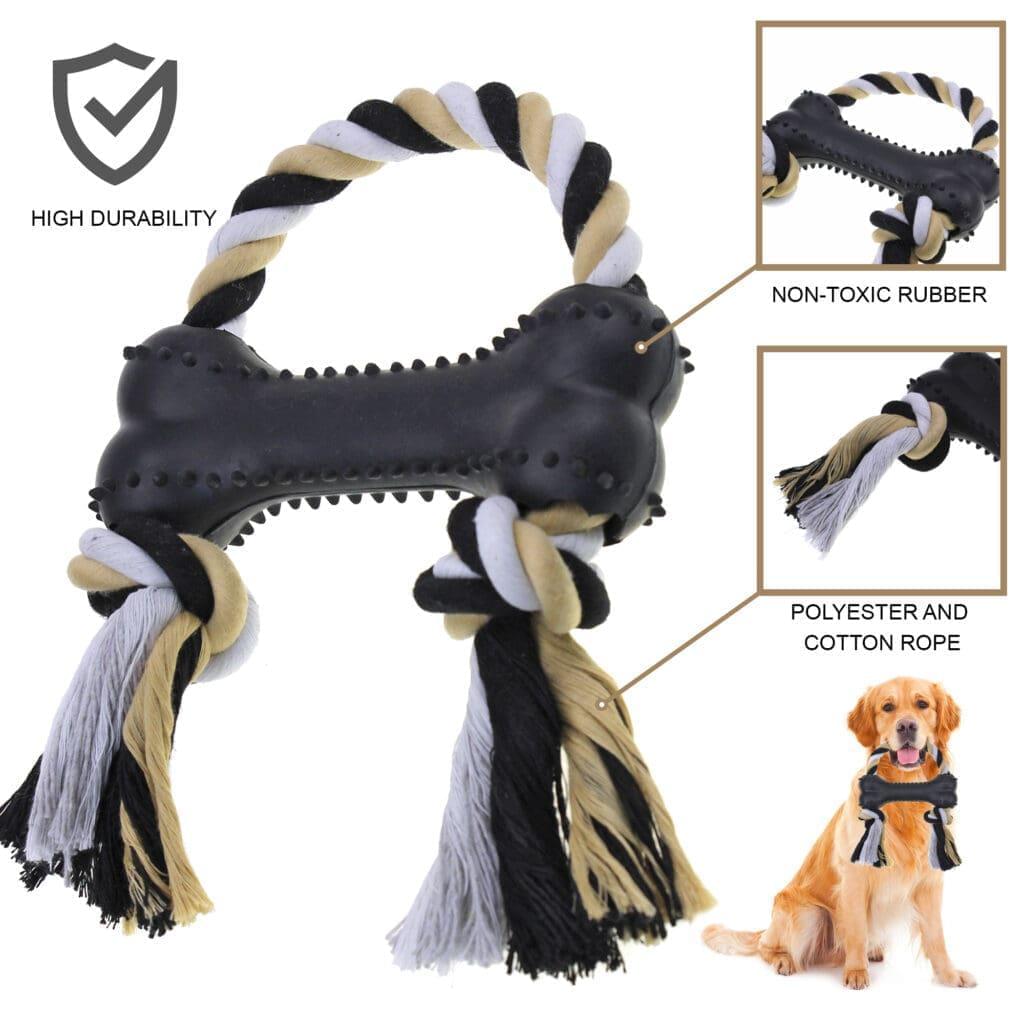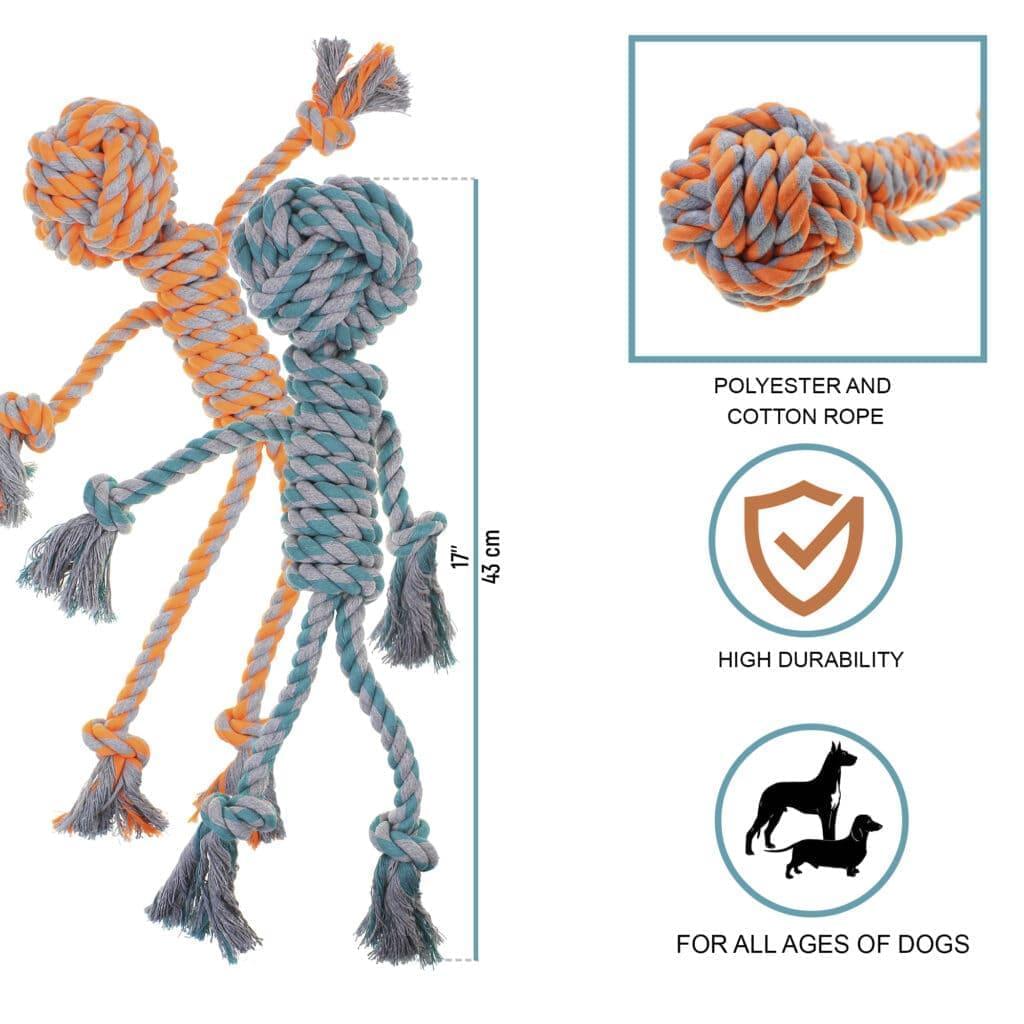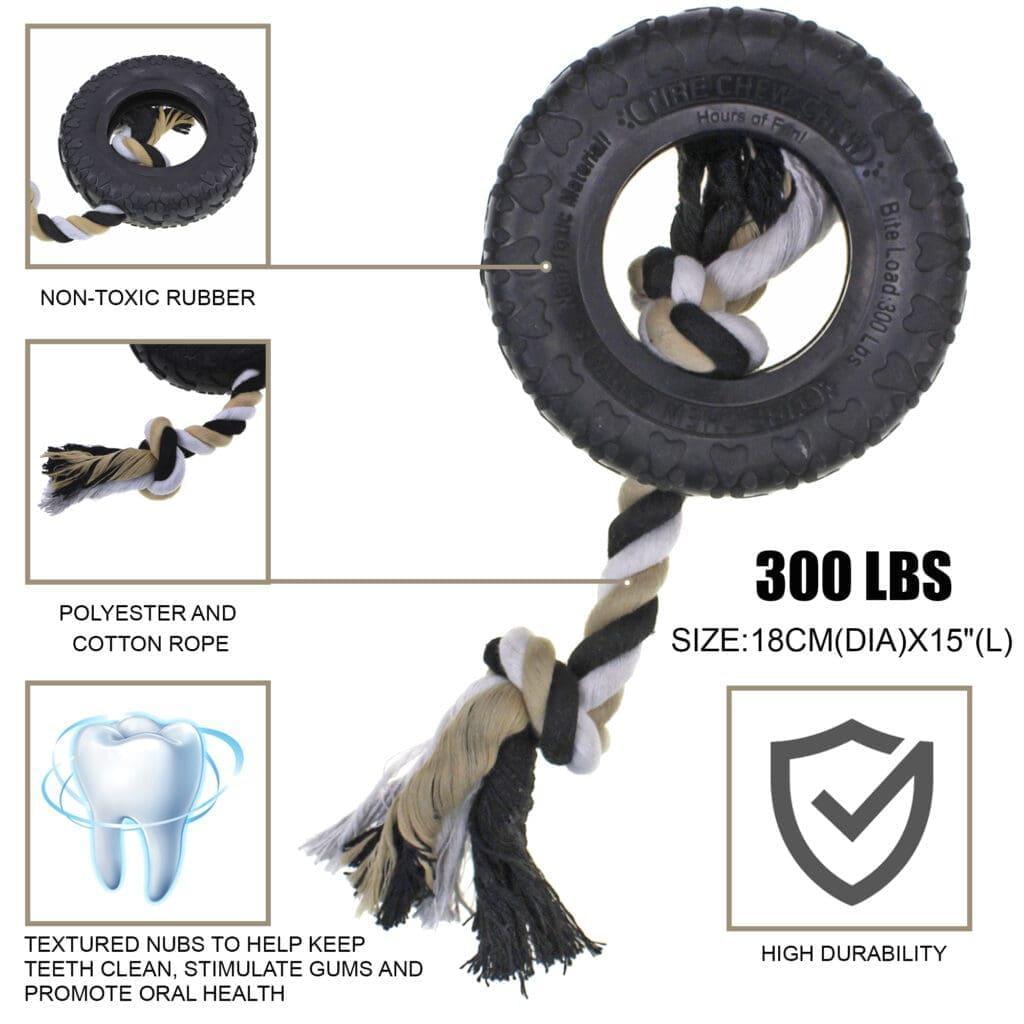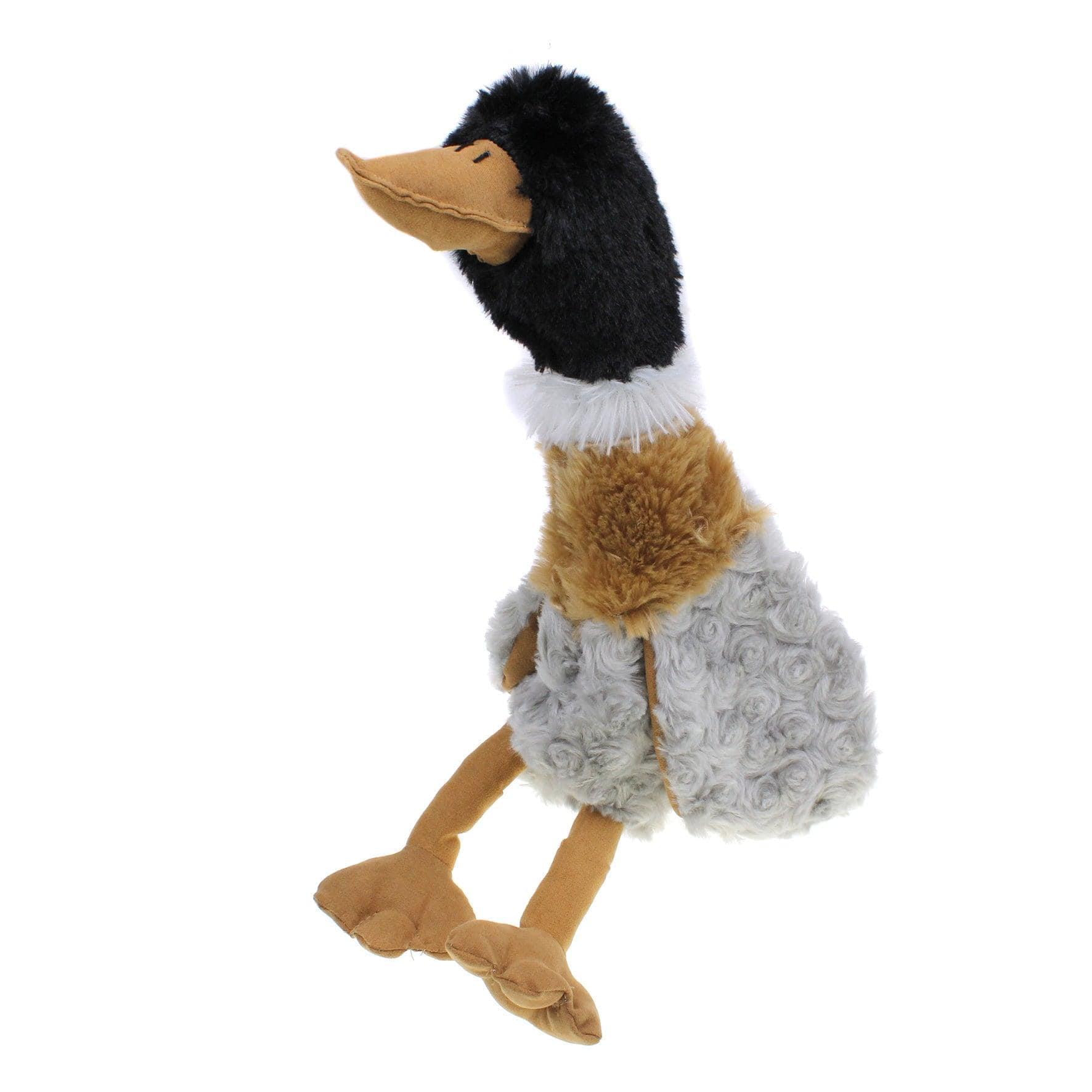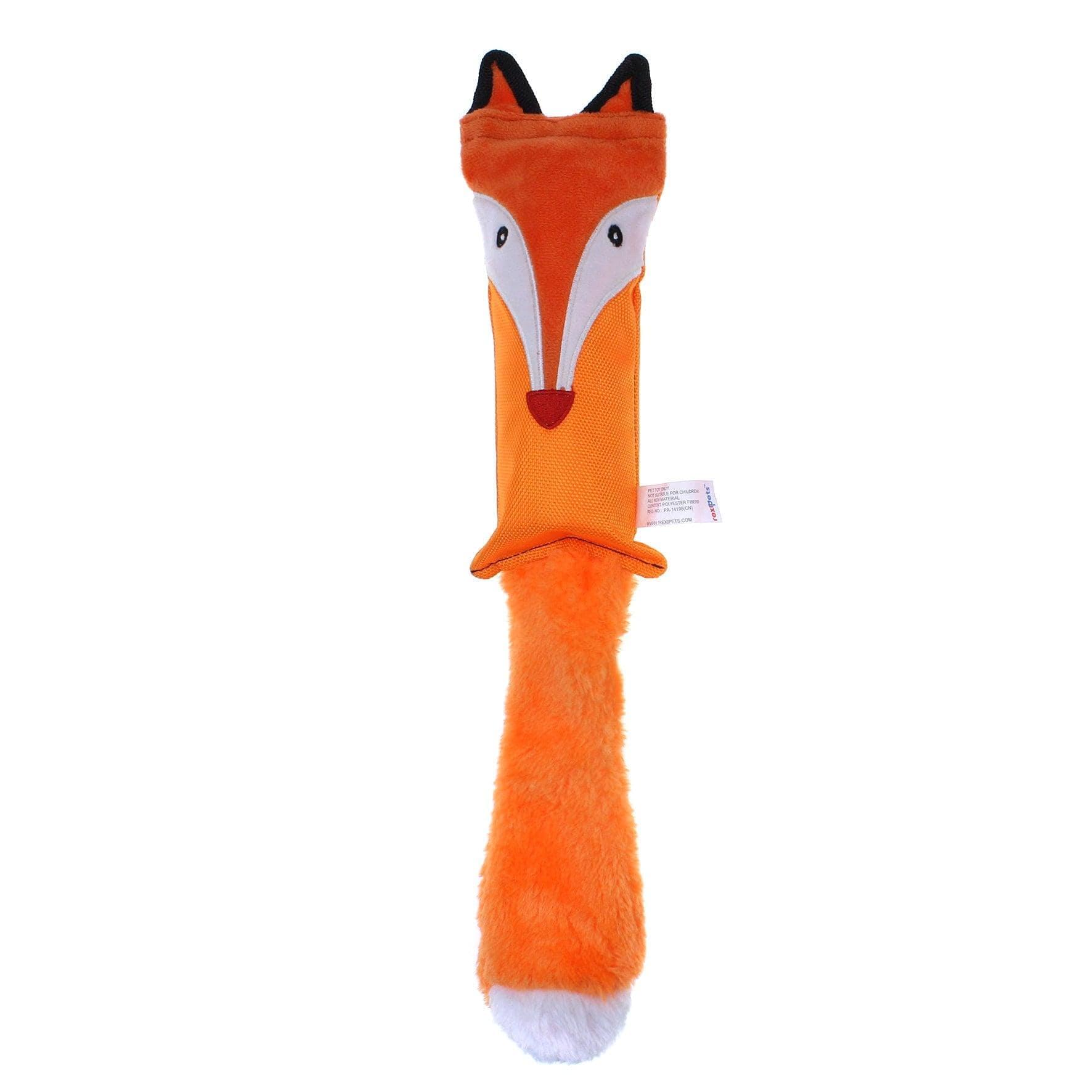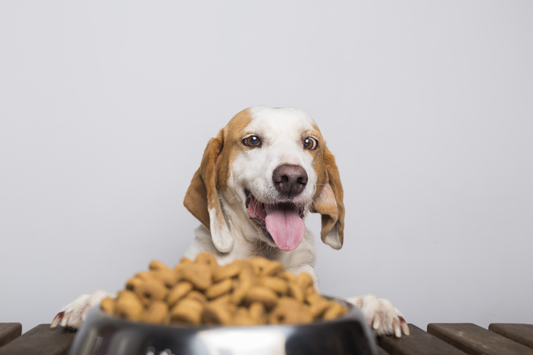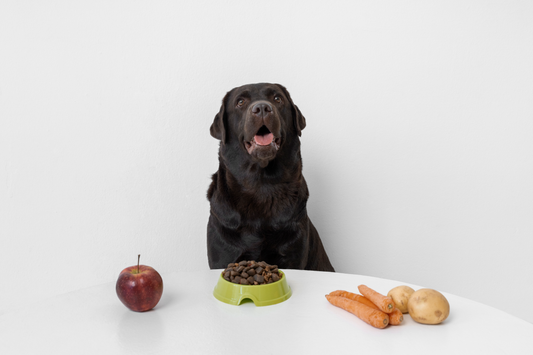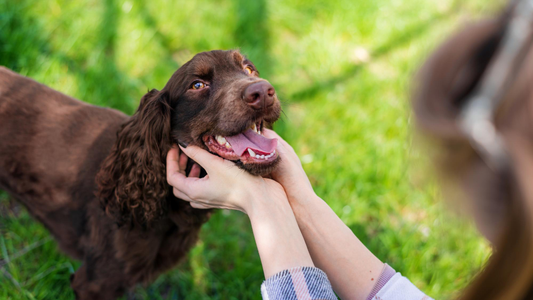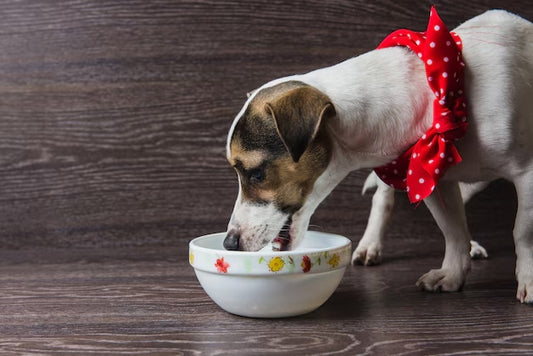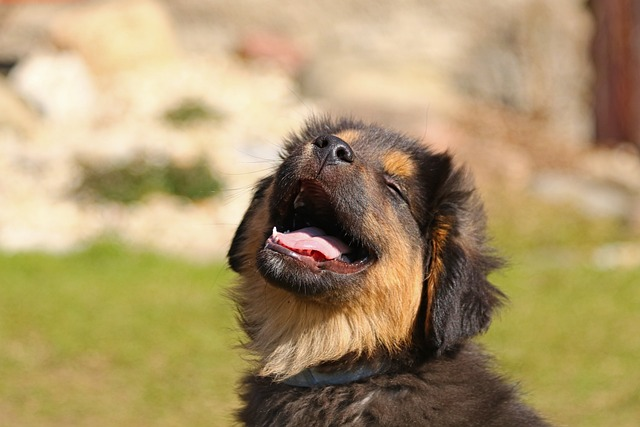
As caring pet parents, we are always searching for safe and healthy treats for our furry friends. Cucumbers are a crunchy, fresh vegetable we often have in our salads and sandwiches. But can dogs eat cucumbers without any problems?
Today, we'll explore cucumbers and whether they can benefit your dog. We'll talk about their nutrition, how to give them to your dog safely, and any important things to keep in mind so your dog eats and stays healthy.
Let's uncover the truth about dogs and cucumbers!
Can Dogs Eat Cucumbers?
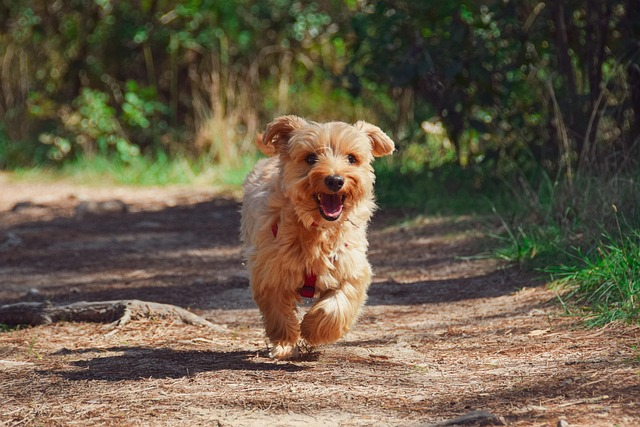
Cucumbers are safe and have a very low-calorie count, which makes them a very good crunchy snack for dogs. Half a cup of cucumber slices have only 8 calories, whereas a single dog biscuit has 40 calories.
Cucumbers are also low in sodium and contain no fat. But there are two things to be careful about: don't let your dog eat too many cucumbers at once. It might upset their stomach, especially if they're not used to it. It's smart to check with your vet before giving them new food or treats.
Moreover, always cut cucumbers into small pieces so that it is not a choking hazard. This is extra important for small dogs or ones that eat really fast.
Another thing is to steer clear of pickles entirely because they have extra ingredients like salt and spices that can be bad for dogs. Stick to plain cucumbers for your furry friend's safety.
Are Cucumbers Good for Dogs?
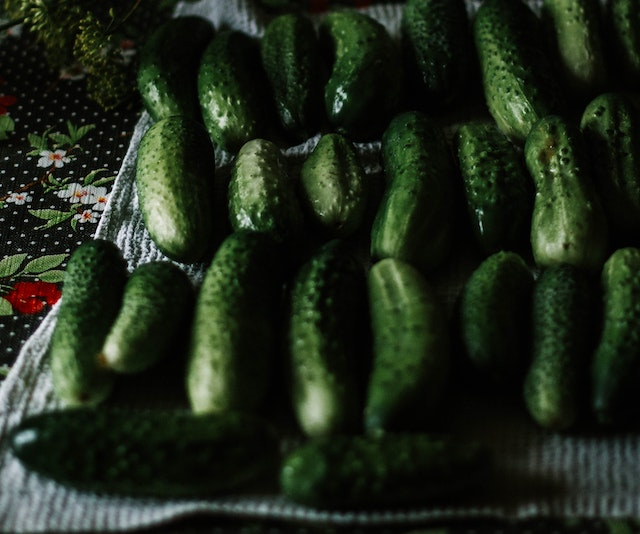
Cucumbers are a good and healthy treat, especially if your pet needs to lose weight, because they don't have many calories. They're mostly made of water, which can help keep your pet hydrated, especially in hot weather.
Cucumbers also contain some vitamins like B, C, and K. It also includes minerals like potassium and magnesium. However, the small amount of cucumber your dog might eat won't give them a lot of these nutrients.
If your dog is on a weight-loss plan and needs rewards, feeding cucumbers sometimes can be a yummy way to help them get in shape.
Are there any Health Benefits of Giving Dogs Cucumbers?

Feeding your dog cucumbers can offer some potential health benefits, including:
-
Hydration
Cucumbers, being more than 90% water, are a fantastic way to keep your dog hydrated, particularly when temperatures soar.
Cucumbers help quench their thirst. It offers a healthy and hydrating option to keep your pet refreshed and comfortable during hot days, making them a delightful addition to your dog's summer diet.
-
Digestion
Cucumbers are rich in soluble fiber, particularly in their skin, which helps by absorbing water as it travels through your dog's digestive system. This soluble fiber encourages the growth of beneficial gut bacteria, aiding in smooth digestion and maintaining a healthy colon.
Cucumbers can contribute to a well-functioning digestive tract for your canine companion, ensuring their overall digestive well-being and comfort. Including cucumbers in their diet can help support their digestive health.
-
Natural Healer
Cucumbers provide Vitamin K, which dogs cannot produce on their own and must obtain from their diet. This nutrient is crucial in blood clotting, skin health, and bone healing.
It even helps with allergies by limiting histamine production. Including cucumbers in your dog's diet can contribute to their overall health, making it an intelligent choice for their well-being.
-
Keeping Your Dog Energized
Cucumbers contain potassium, a power source for your dog's heart, muscles, and nerves. It's like the battery that lets your dog do all their activities, like running, jumping, and listening to your commands. Ensuring your dog gets enough potassium, which can come from eating cucumbers, helps energize them.
You can also let diabetic dogs eat cucumbers as it's not high in sugar. So you can keep your dog energized without giving them artificial sugar.
-
Manganese Rich
Cucumbers have manganese, which does many good things for your dog. It keeps their bones and joints healthy and helps their body use food to make energy and fatty acids. So, giving your dog cucumbers can help keep them active and feeling good.
-
Healthy for Dog's Blood and Skin
Cucumbers provide dietary copper, a mineral essential to your dog's health. Copper helps your furry friend absorb iron, vital for making red blood cells.
Additionally, it plays a part in skin health, contributes to hair pigmentation, and supports the formation of connective tissues. Including cucumbers in your dog's diet can help promote their overall well-being, from blood health to maintaining healthy skin and fur.
-
Natural Breath Freshener
Cucumbers contain valuable antioxidants known as phytonutrients and phytochemicals. Beyond their disease-fighting capabilities, these compounds play a significant role in combating bacteria. This way, cucumbers can freshen stinky dog breath.
By incorporating cucumbers into your dog's diet, you provide them with a tasty treat and a natural solution to help keep their breath fresh and their oral health in check.
What Other Vegetables Can Dogs Eat?

Here's a list of veggies that are safe and good for your dog as treats.
-
Beets
Beets, full of nutrients, are a common ingredient in commercial dog food. Beets can improve a dog's skin, fur, and digestion when given in small amounts. They have fiber, vitamins like vitamin C, and minerals like potassium, folate, and magnesium.
-
Bell peppers
Bell peppers are mostly water (about 92%). They are rich in nutrients like vitamins A, E, B6, potassium, and folate.
They can be a tasty and crunchy treat that many dogs enjoy. Before giving bell peppers to your dog, remove all the seeds and stems and introduce them slowly.
-
Broccoli
Broccoli is full of healthy vitamins like vitamins C and K. It is also a crunchy and healthy snack that can make your dog's immune system stronger and their bones healthier.
However, dog owners need to be cautious about how much broccoli they feed their pets because the florets of this vegetable contain isothiocyanates. These compounds can lead to stomach discomfort, ranging from mild to severe, in certain dogs.
-
Carrots
Your dog can like both raw and cooked carrots. They're healthy, low in calories, have fiber and vitamin A, and are a great snack.
Plus, it also helps with dental hygiene in dogs. They help clean teeth like a toothbrush. Vets recommend Frozen Carrots for Dogs to soothe teething puppies.
-
Celery
Celery isn't just a tasty and crunchy dog snack but also a breath freshener. It's a good choice for dogs needing to shed some weight because it's mostly water. It's low in fat and cholesterol. Plus it provides fiber, vitamins A, C, and K, folate, potassium, and manganese.
-
Green beans
Green beans are a low-calorie option that serves as a healthy and filling snack for your dog.
They provide protein, iron, calcium, and vitamins B6, A, C, and K, offering a nutritious alternative to high-fat dog treats.
-
Peas
Peas are rich in protein, fiber, and vitamins A, C, and K. They are commonly used as a plant-based protein in dog food.
Whether fresh or frozen, peas can be a valuable addition to your dog's daily meals or even served as a treat due to their abundance of vitamins and minerals.
-
Spinach
Spinach provides iron, fiber, vitamins A, C, and K, antioxidants, and beta-carotene. This leafy green veggie is also beneficial for promoting digestive tract activity.
-
Sweet potatoes
These are a rich source of vitamin A, benefiting your dog's skin, fur, nervous system, and muscles. They also offer ample potassium, calcium, vitamin C for immune support, and vitamin B6.
These potatoes are low in fat and help maintain healthy eyes, muscles, nerves, and skin in your pet.
Final Words!

So there you have it. The answer to your questions is that dogs can safely eat cucumbers, which offer some really nice benefits.
Cucumbers are full of water, which helps keep your dog hydrated, especially on hot days. They also have vitamins and minerals that are good for your dog's health.
They are low in calories, making them a healthy snack that won't make your dog gain weight. Plus, they can help clean your dog's teeth as they crunch on them.
But remember, don't overdo it. Too much cucumber is also not good. Give cucumbers to your dog in small amounts and watch how they react. If they enjoy them and don't have any tummy troubles, then you can keep giving cucumber to them in moderation. So, all in all, cucumbers can be a tasty and healthy treat.
FAQs
Can dogs have cucumber skin?
Yes, just like dogs eat cucumbers, they can also eat cucumber skin. The skin of cucumbers is generally safe for dogs and contains additional nutrients and fiber.
Can dogs eat cucumber seeds?
Just like the cucumber skin, cucumber seeds are usually okay for dogs to eat.
However, taking out the seeds is a good idea, especially if your dog's stomach is sensitive or if it's their first time trying cucumbers.
Can I give my dog pickles instead of cucumbers?
It's best to avoid pickles for dogs as they often contain added ingredients like salt and vinegar, which can be harmful in excess. So don't let dogs eat pickles.
Can cucumbers help with a dog's digestion?
Yes, cucumbers are a source of fiber, which can help digestion, but they should be part of a balanced diet. Dogs eating cucumbers is a very good choice. Just give them bite-sized pieces to avoid a choking hazard.
